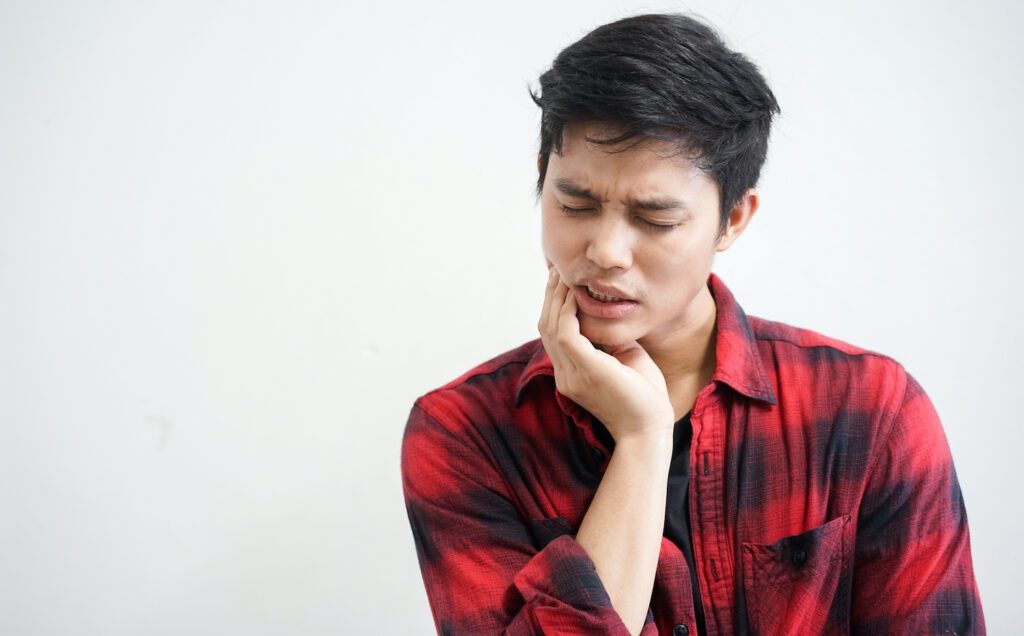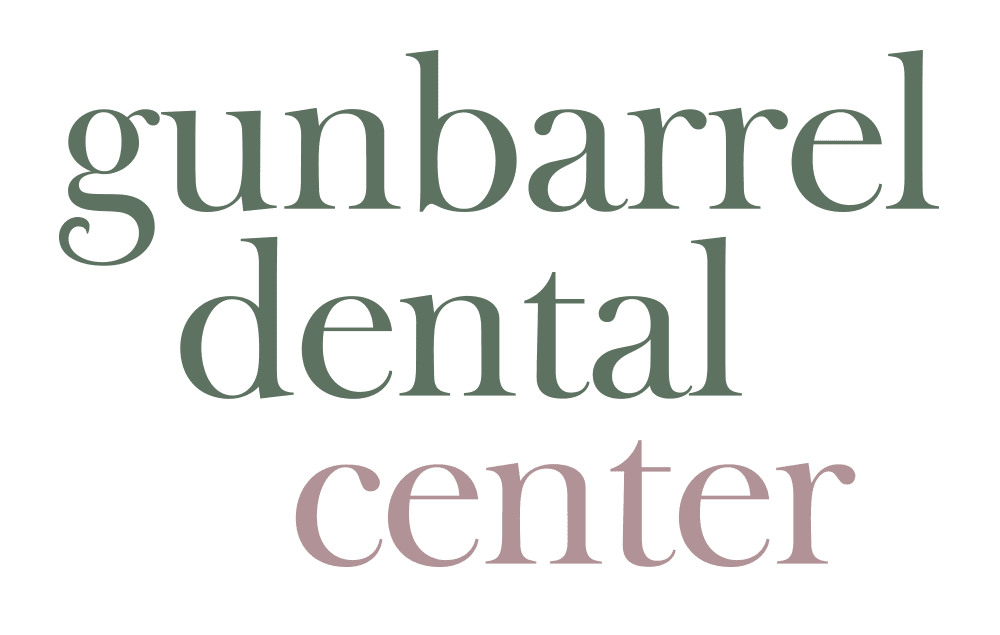Do you unconsciously grind and clench your teeth? Does eating hard foods hurt your teeth and jaw? Dr. Rachel Barone treats bruxism at Gunbarrel Dental Center in Boulder, CO. Also known as teeth clenching and grinding, bruxism is a dental concern often linked to TMJ problems.

What Causes Teeth Clenching and Grinding?
Bruxism has many possible causes. Some people only grind their teeth occasionally, while others do it every night without even knowing it. Some of the most common reasons people clench or grind their teeth include:
Stress and Anxiety
Stress is one of the biggest causes of bruxism. When you’re feeling stressed, worried, or anxious, your body can respond in many different ways. You might clench your teeth during the day without even noticing. At night, your stress can carry over into your sleep, causing you to grind your teeth. That’s why people often wake up with sore jaws, headaches, or worn-down teeth.
Sleep Disorders
Some people with sleep problems also have bruxism. If you snore, wake up often during the night, or have a sleep disorder like sleep apnea, you might be more likely to grind your teeth. Sleep apnea is a condition where your breathing stops and starts during sleep, which can cause your body to tense up and your jaw to clench. If a sleep disorder is making your bruxism worse, treating the sleep issue may also help stop the grinding.
Bite Problems or Crooked Teeth
Your teeth are supposed to fit together in a certain way when you bite down. If they don’t line up properly from crooked teeth, missing teeth, or a misaligned jaw, your body may try to “fix” the problem by moving your jaw around, which can lead to grinding or clenching.
When your bite is off, your jaw may keep shifting during the day or night to feel more balanced or comfortable. Over time, this can wear down your teeth and worsen the problem. Dentists can often fix bite issues with orthodontics, dental restorations, or nightguards to reduce grinding.
Medications and Medical Conditions
Bruxism isn’t always caused by stress or sleep issues. Sometimes, certain medications or health conditions can also lead to teeth grinding.
For example, some antidepressants are known to cause bruxism in some people. If you’re taking medicine and notice jaw pain, sore teeth, or signs of grinding, let your doctor know. Your doctor may adjust your medication or recommend ways to protect your teeth.
Other medical issues that can be linked to bruxism include:
- Parkinson’s disease
- Gastroesophageal reflux disease (GERD)
- ADHD and certain neurological conditions
Lifestyle Habits
What you eat, drink, and do in your daily life can also affect your risk of grinding your teeth. Drinks like coffee, soda, tea, and energy drinks can make your muscles more alert and active. Too much caffeine, especially later in the day, may cause you to clench your jaw more often or grind your teeth at night.
Drinking alcohol may affect your sleep and increase your chances of nighttime grinding. Tobacco and recreational drugs can also increase jaw tension and raise the risk of bruxism.
Bruxism Treatment in Boulder, CO
At Gunbarrel Dental Center, Dr. Rachel Barone will carefully examine your teeth and ask questions about your symptoms. She may check for signs of wear on your teeth, jaw soreness, and problems with your bite. She’ll recommend the best treatment to help protect your teeth and reduce your symptoms based on what she finds. TMJ treatment is the most common way to treat bruxism:
Custom Nightguard
One of the most common treatments for bruxism is a custom-made nightguard. This clear plastic appliance fits over your teeth while you sleep. It helps cushion your teeth, protect the enamel, and keep your jaw relaxed. Unlike store-bought guards, a custom nightguard is made just for your mouth, so it fits comfortably and works better.
Bite Adjustment (Equilibration)
If your teeth don’t fit together correctly, Dr. Barone may recommend adjusting the bite. This gentle process reshapes certain teeth’ surfaces to help your bite line up better. A properly aligned bite can help reduce grinding and relieve pressure on your jaw.
How to Reduce Symptoms of Bruxism at Home
In addition to professional treatment, you can take simple steps at home to ease symptoms and protect your teeth.
Practice Jaw Relaxation
Try to be aware of your jaw throughout the day. If you notice that you’re clenching your teeth or tightening your jaw, take a moment to relax it. Open your mouth slightly and gently stretch your jaw muscles. Doing this regularly can help train your jaw to stay relaxed.
Before bedtime, try placing a warm washcloth on the sides of your face where your jaw muscles are. The heat can soothe your muscles and help you relax before sleep.
Avoid Chewing on Non-Food Items
It’s common for people to chew on pens, pencils, fingernails, or even ice without thinking. But this habit can put extra stress on your jaw and make grinding worse. Try to avoid chewing on anything that isn’t food.
Limit Caffeine and Alcohol
Caffeine and alcohol can affect your sleep and may make bruxism worse. Caffeine can keep your muscles active and alert, even when they should be relaxing. Alcohol can affect your sleep patterns and may lead to more grinding at night.
Avoid drinks like coffee, tea, energy drinks, and soda in the afternoon and evening. If you drink alcohol, do so in moderation and not close to bedtime.
Create a Calm Bedtime Routine
Stress and tension can trigger nighttime teeth grinding. Having a relaxing routine before bed can help calm your mind and body. Try turning off screens at least 30 minutes before you sleep.
Take a warm shower, do some gentle stretches, listen to calming music, or try deep breathing exercises. A calm bedtime routine can help your body get ready for restful sleep and may lower your chances of grinding your teeth during the night.
Sleep on Your Back
The way you sleep can affect your jaw. Sleeping on your side or stomach may place pressure on your jaw and make symptoms worse. But sleeping on your back with a supportive pillow helps keep your head and jaw in a more relaxed position. If you’re not used to sleeping this way, try using extra pillows to keep yourself comfortable and supported.
Stay Hydrated
Drinking plenty of water is good for your overall health and may also help reduce your risk of bruxism. Being dehydrated can sometimes lead to muscle cramps or tension, including in your jaw. Aim to drink water throughout the day and keep a glass by your bed at night.
Schedule a Consultation
Bruxism may not seem serious at first, but over time, it can wear down your teeth, cause pain, and affect your jaw health. The good news is that with the right care, you can stop the damage and feel better. Treat and prevent bruxism in Boulder, CO, by calling 720-881-0614. You can also request an appointment with Dr. Barone on our website.

